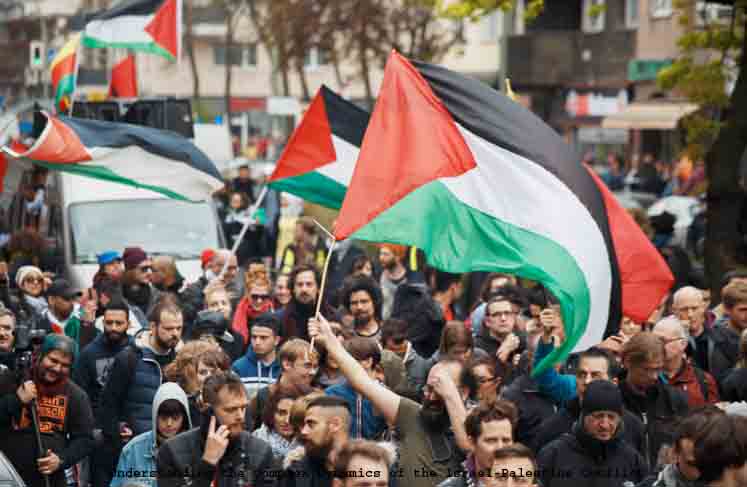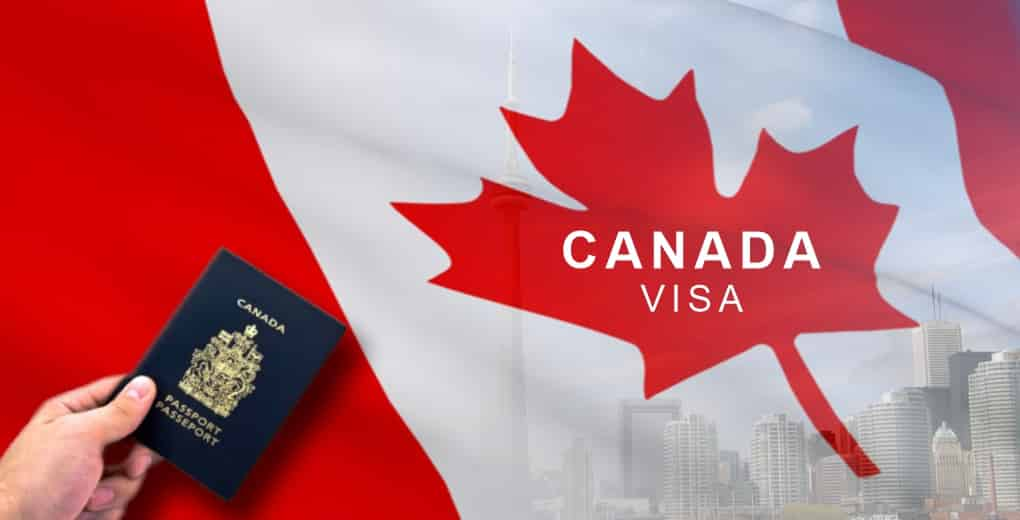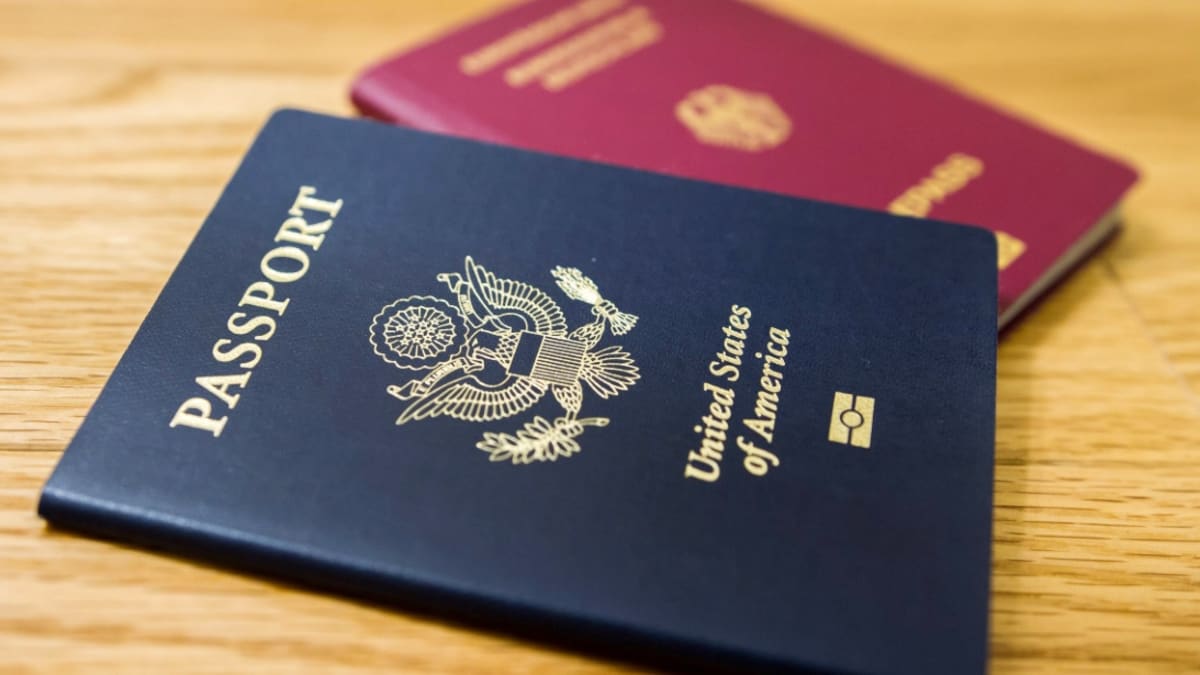
The Israel Palestine conflict
The Israel Palestine conflict has been a longstanding and deeply rooted issue that has shaped the political landscape of the Middle East for decades. This protracted conflict involves a complex web of historical, religious, and geopolitical factors that have contributed to the ongoing tensions between Israelis and Palestinians.
To comprehend the nuances of this conflict, it is crucial to delve into its historical background, examine the key players involved, and analyze the various dimensions that have perpetuated this enduring struggle.
Israel-Palestine Historical Context:
The Israel Palestine conflict has deep historical roots that date back millennia, with both sides laying claim to the same land. From ancient biblical ties to the more recent colonial era, various narratives shape the historical context of this complex struggle. The displacement of Palestinians during the establishment of Israel in 1948, known as the Nakba, remains a pivotal event that continues to shape present-day tensions.
Furthermore, exploring pre-20th-century history sheds light on the diverse cultural and religious significance of Palestine for both Jews and Arabs. The Zionist movement’s call for a Jewish homeland in Palestine clashed with Arab resistance to foreign settlement, paving the way for clashes that endure to this day. Understanding this intricate backdrop is crucial for grasping the deep-seated emotions and convictions that fuel this enduring conflict.
However, the Arab population in Palestine opposed this development, viewing it as a threat to their own aspirations for self-determination. The conflicting nationalistic ambitions of Jews and Arabs laid the groundwork for tensions that would persist over the years. The United Nations’ partition plan in 1947, which proposed the creation of separate Jewish and Arab states, further intensified hostilities, ultimately leading to the 1948 Arab-Israeli War.
Key Players:
The Israel Palestine conflict involves a myriad of actors, each with its own interests and perspectives. Understanding the roles played by these key players is essential in unraveling the intricacies of the conflict.
Israel:
- Israel, established in 1948, has been a central player in the conflict. With a strong military and the backing of powerful allies, Israel has expanded its territory over the years, incorporating areas considered historically significant. The perception of security concerns and the desire to protect its citizens has often guided Israeli policies, impacting the dynamics of the conflict.
Palestinian Authority (PA):
- The Palestinian Authority, established through the Oslo Accords in the 1990s, governs parts of the West Bank. Led by the Fatah party, the PA has engaged in negotiations with Israel but faces internal challenges, including competition with Hamas for political influence.
Hamas:
- Designated as a terrorist organization by some countries, Hamas emerged in the late 1980s as a Palestinian resistance group. With control over the Gaza Strip, Hamas pursues its agenda through both political and militant means, further complicating efforts to achieve a lasting resolution.
United States:
- The United States has been a key ally of Israel, providing military, economic, and diplomatic support. This alliance has significantly influenced the balance of power in the region and the dynamics of peace negotiations.
Arab States:
- Various Arab states have historically supported the Palestinian cause, both diplomatically and financially. However, differences among Arab nations and their evolving relationships with Israel have added complexity to regional dynamics.
Dimensions of the Conflict:
The Israel Palestine conflict is multifaceted, encompassing various dimensions that contribute to its complexity.
Territorial Disputes:
- The issue of land remains at the core of the conflict. Competing historical narratives and claims to territory, particularly in Jerusalem, the West Bank, and Gaza Strip, have fueled disputes and hindered the establishment of clearly defined borders.
Refugee Crisis:
- The creation of Israel in 1948 resulted in the displacement of hundreds of thousands of Palestinians, leading to a protracted refugee crisis. Addressing the rights and return of Palestinian refugees has been a persistent challenge in peace negotiations.
Security Concerns:
- Security concerns, especially in the context of terrorist attacks and military actions, have shaped the policies of both Israel and the Palestinian factions. The construction of barriers, checkpoints, and settlements reflects the complex balance between security and human rights.
Religious Significance:
- Jerusalem religious significance for Jews, Christians, Muslims. The competition for control over holy sites, including the Al-Aqsa Mosque and the Western Wall, adds a religious dimension to the conflict, further deepening the stakes for all parties involved.
International Diplomacy:
- The involvement of the international community, including the United Nations and regional players, has been instrumental in peace efforts. However, differing geopolitical interests and shifting alliances have often hindered the prospects of a comprehensive resolution.
Prospects for Peace:
Despite the numerous challenges, various attempts have been made to broker peace between Israelis and Palestinians. The Oslo Accords in the 1990s aimed at establishing a framework for negotiations, but their implementation faced setbacks and interruptions. The Camp David Summit in 2000 and subsequent talks have also failed to yield a final resolution.
Efforts to revive peace negotiations continue, with varying degrees of success. The two-state solutions, which envisions the coexistence of Israel and future Palestinian, remains a focal point for international peace initiatives. However, achieving consensus on key issues such as borders, refugees, and the status of Jerusalem remains elusive.
The Role of External Actors:
External actors play a significant role in shaping the Israel-Palestine conflict, both through diplomatic channels and direct involvement.
United States:
- The United States, historically aligned with Israel, has played a pivotal role in mediating peace talks. However, shifts in U.S. administrations have led to changes in approach, influencing the dynamics of negotiations.
United Nations:
- The United Nations has been actively involved in addressing the Israel-Palestine conflict, advocating for a two-state solution and condemning actions that violate international law. However, the effectiveness of UN initiatives has been limited by geopolitical divisions among member states.
Regional Actors:
- The involvement of regional actors, including Arab states and Iran, has added complexity to the conflict. While some Arab nations have normalized relations with Israel, others maintain a stance supportive of Palestinian rights, contributing to a fragmented regional landscape.
Conclusion:
The Israel Palestine conflict remains one of the most enduring and complex challenges in the realm of international relations. With deep historical roots, competing nationalistic aspirations, and multifaceted dimensions, the path to a comprehensive resolution is fraught with obstacles.
Addressing the conflict requires a commitment to dialogue, compromise, and a recognition of the legitimate rights and grievances of both Israelis and Palestinians. The international community, including key players like the United States, the United Nations, and regional actors, must continue to engage in meaningful efforts to facilitate a just and lasting solution.
Ultimately, the quest for peace in the region requires a nuanced understanding of the historical context, an acknowledgment of the complexities involved, and a collective commitment to fostering an environment where the rights and aspirations of all parties can be realized. Only through sustained diplomatic efforts and a genuine willingness to bridge divides can the hope for a peaceful and prosperous future for Israelis and Palestinians be realized.









